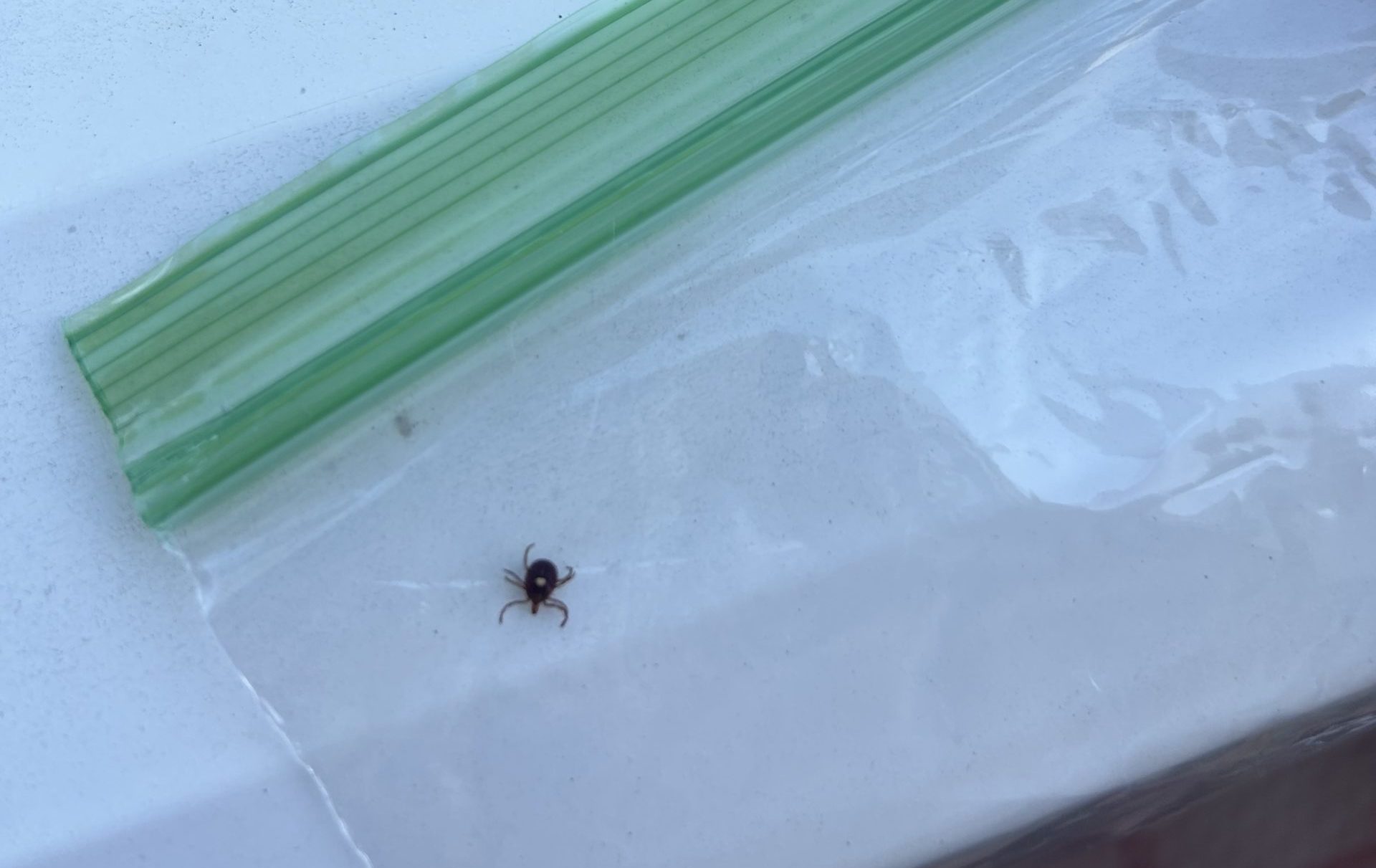
SHARE THIS ARTICLE:
Alpha-Gal Meat Allergy: An Underrecognized Tick-Borne Condition
 The People’s Pharmacy,
The People’s Pharmacy,
Alpha-gal can be confirmed with a blood test. However, unlike symptoms of typical allergies like bee stings or peanuts that can show up in minutes after exposure, alpha-gal symptoms are delayed. This delayed allergic reaction can make diagnosis difficult for medical care providers unfamiliar with the condition. Symptoms may take hours to manifest after consumption of red meat. Alpha-gal symptoms may include skin reactions such as rash, hives, itching (especially on palms or soles); digestive upset with nausea, diarrhea, heartburn, or abdominal pain; respiratory symptoms including runny nose, sneezing, breathing difficulties, wheezing; headaches, low blood pressure; and in extreme cases, anaphylaxis. In cases where patients present with only nausea, severe stomach cramps, and/or diarrhea, physicians can mistakenly attribute the symptoms to a digestive issue such as food poisoning rather than allergy, delaying diagnosis.
For some people, the allergic reaction can go into remission after years of red-meat avoidance, for others the condition may last indefinitely. The only current way to avoid reactions is to avoid eating meat. Some people must also avoid mammalian by-products such as dairy or even smoke from a barbecue. In addition, many products that contain red meat may trigger a reaction, including ingredients in many vaccines, pharmaceuticals, or over the counter medications (gelatin, glycerin, magnesium stearate or bovine extract). Heparin, heart valves from pigs or cows and monoclonal antibodies are also potential triggers.
Tick bite prevention is critical, as additional lone star tick-bites may increase the allergic reactions. Public and medical care providers living in areas where the lone star tick is prevalent (the eastern half of the US) must become aware of this potentially life-threatening allergy.
For More Information:
Read The People’s Pharmacy Article
Read More LDA Articles on Alpha-gal





